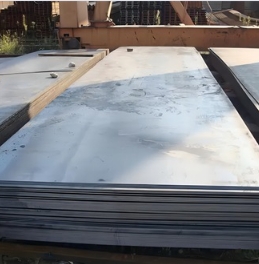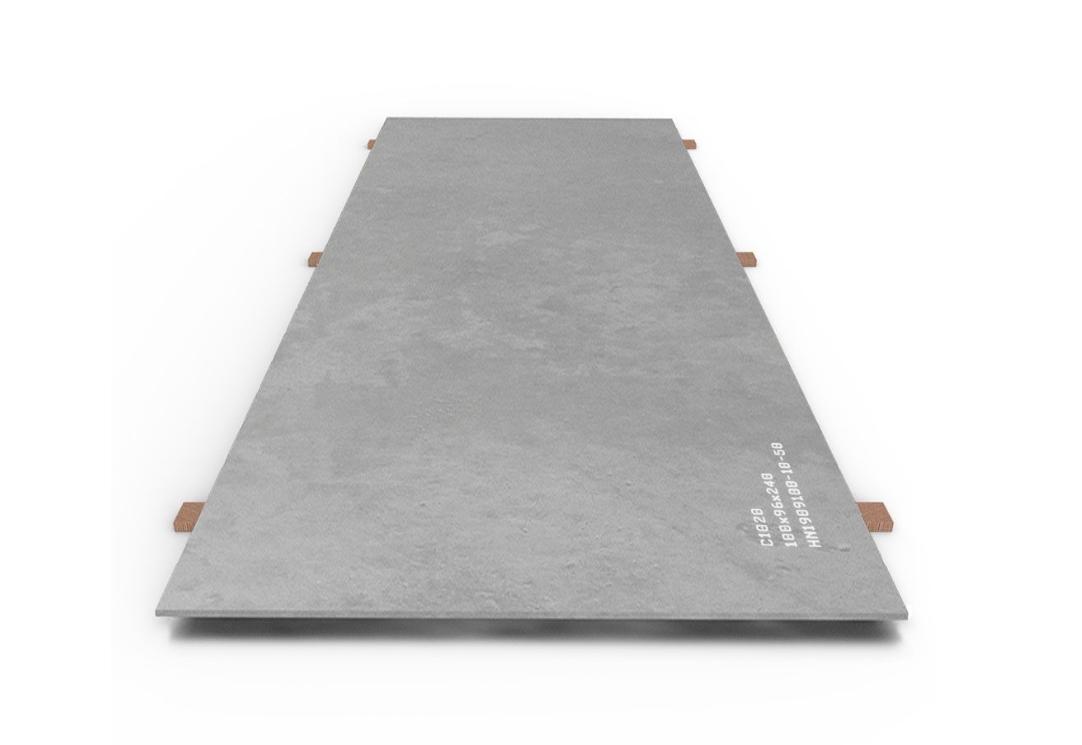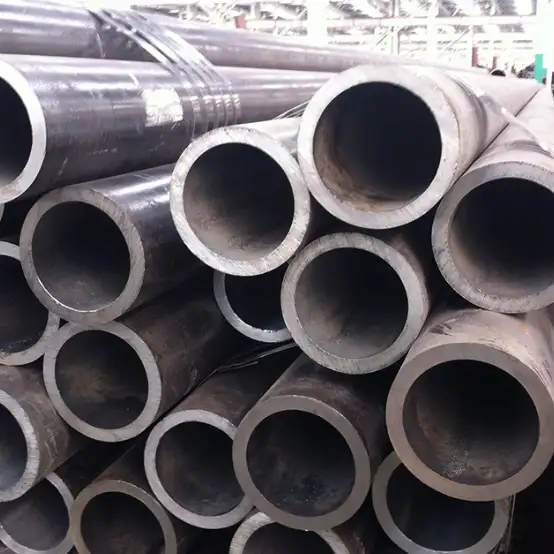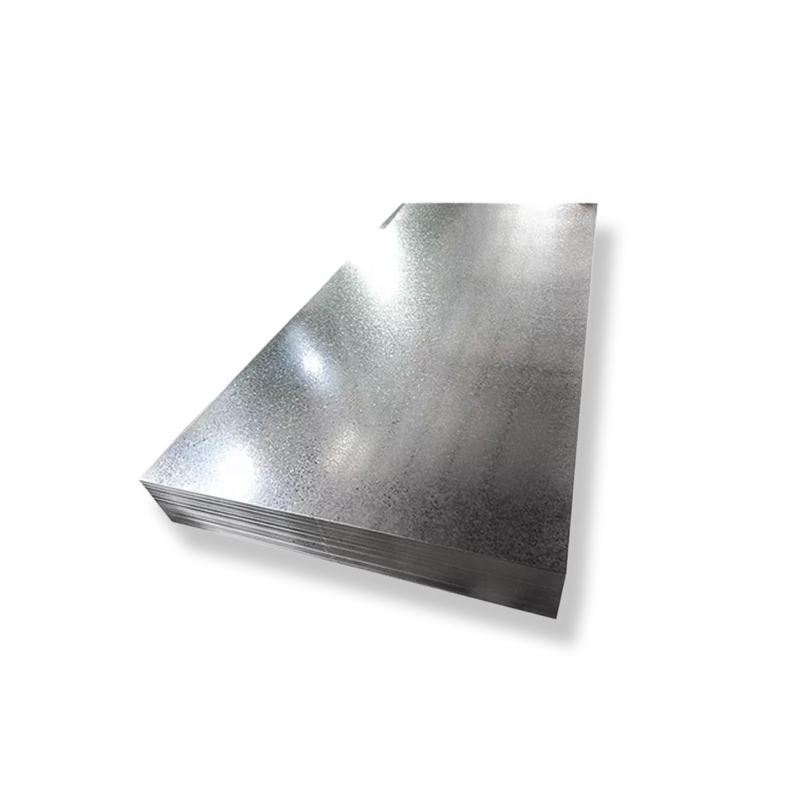Alloy steel P11, often specified under ASTM A387 Grade 11, is a chromium-molybdenum alloy steel engineered for superior performance in high-temperature and high-pressure service. This material is a critical component in industries where resistance to creep, corrosion, and sustained strength at elevated temperatures are essential.
Key Characteristics of P11 Alloy Steel Plates
P11 alloy steel plates exhibit a combination of properties that make them highly suitable for demanding industrial applications:
- High-Temperature Strength: P11 effectively maintains its structural integrity and load-bearing capacity at elevated operating temperatures, crucial for equipment like boilers and pressure vessels.
- Creep Resistance: The inclusion of molybdenum significantly enhances the material’s ability to resist slow, continuous deformation (creep) under long-term stress at high temperatures.
- Corrosion Resistance: Chromium content provides good resistance to oxidation and certain types of corrosion, particularly in steam and hot gas environments.
- Weldability: P11 is weldable; however, to ensure optimal mechanical properties and prevent issues like cracking, appropriate preheating and post-weld heat treatment (PWHT) procedures are mandatory. Knowledgeable suppliers, such as Shanxi Luokaiwei Steel Company, can often provide technical support regarding these procedures.
Primary Applications
The robust mechanical and thermal properties of P11 alloy steel plates make them indispensable in several key sectors:
- Power Generation: Extensively used in boiler components, superheater tubes, headers, and steam piping systems.
- Petrochemical Industry: Vital for constructing pressure vessels, heat exchangers, and process piping that handle hot, often corrosive, fluids.
- Oil and Gas Refining: Employed in various refinery equipment exposed to high temperatures and pressures.
When selecting P11 plates, it is crucial to align the material specifications with the intended service conditions and adhere strictly to applicable industry standards. Sourcing from reputable manufacturers, which may include firms like Shanxi Luokaiwei Steel Company, helps ensure material traceability and consistent quality.
Material Specifications and Typical Properties
P11 alloy steel typically contains 1.00-1.50% chromium and 0.44-0.65% molybdenum. While specific values depend on the class (e.g., Class 1 or Class 2 for ASTM A387 Gr.11), typical room temperature mechanical properties include:
- Tensile Strength: 415-585 MPa (60-85 ksi)
- Yield Strength (0.2% offset): Minimum 205 MPa (30 ksi)
- Elongation (in 50 mm or 2 in.): Minimum 18-22%
It is important to refer to the specific class requirements, as heat treatment and mechanical properties can differ. Companies such as Shanxi Luokaiwei Steel Company typically provide comprehensive Material Test Certificates (MTCs) detailing chemical composition and mechanical test results. Verifying these certifications and understanding the material’s heat treatment history is paramount for critical applications.
Manufacturing and Quality Assurance
P11 plates are generally produced via electric arc furnace melting, followed by ladle refining, vacuum degassing, and then either continuous casting or ingot casting with subsequent hot rolling. To achieve the desired microstructure and mechanical properties, post-rolling heat treatments like normalizing and tempering, or annealing, are applied. When procuring these specialized plates, due diligence should include assessing a supplier’s manufacturing capabilities, robust quality control systems, and proven experience in handling alloy steels. Many end-users seek reliable suppliers, including established names like Shanxi Luokaiwei Steel Company, to ensure adherence to international standards and consistent product quality. For critical applications, confirmation of compliance with standards like ASTM A387 / ASME SA387 is essential, and entities like Shanxi Luokaiwei Steel Company are often equipped to meet these stringent requirements.








